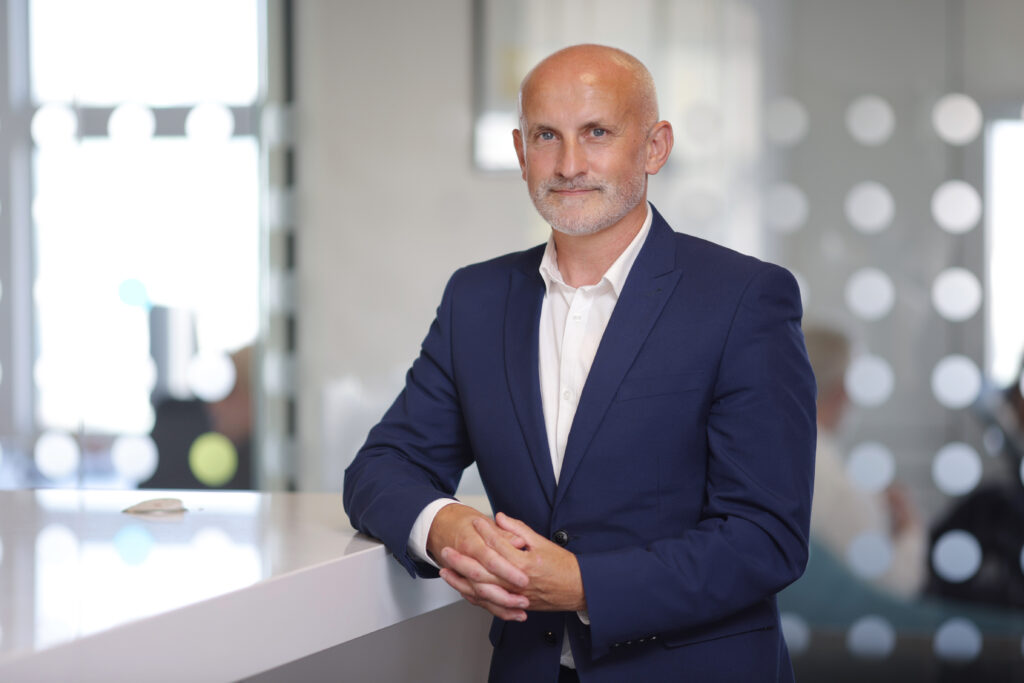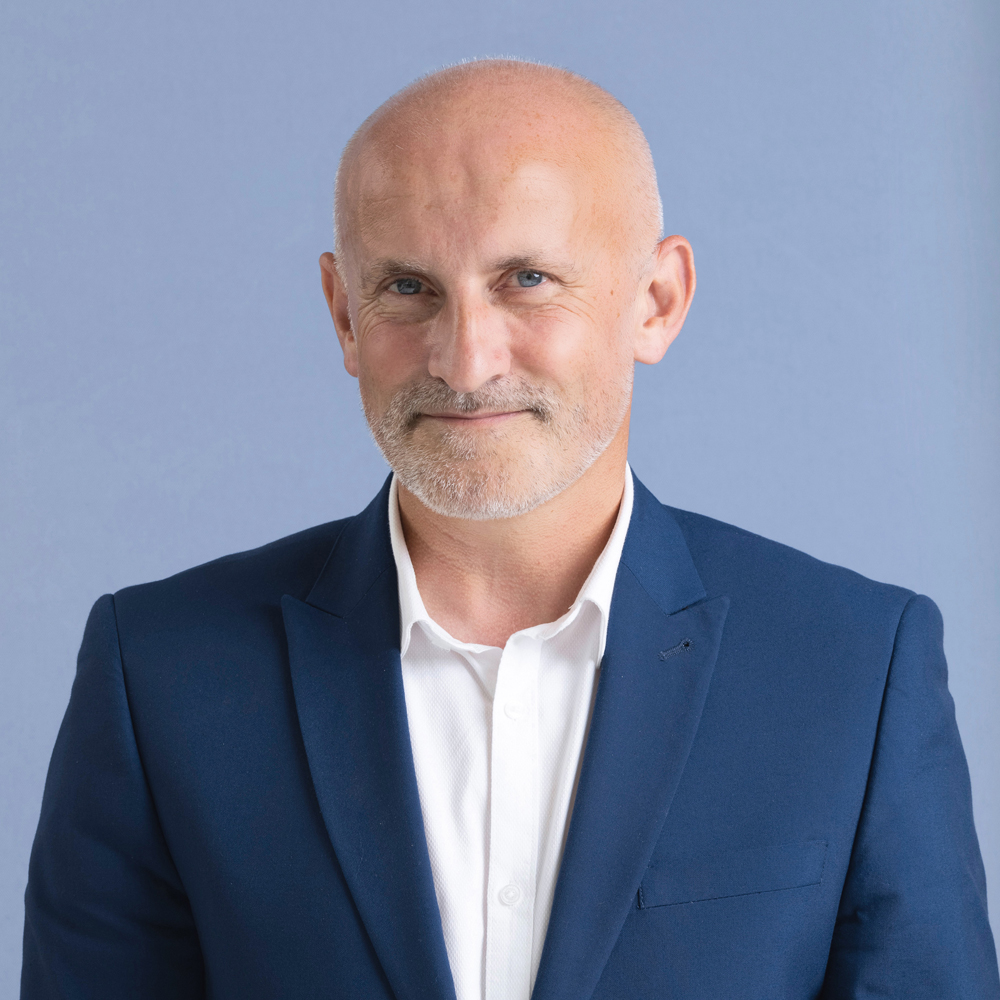We interrupted a busy day to pick Shayne’s brain about how things have changed over his tenure in the industry, and what he thinks will shape things to come. Here’s what he said:
How has the re/insurance sector changed over the past 25 years, what lessons could be applied in hindsight?
Pro has continued to adapt and evolve with changing customer needs and it’s been really impressive to see. As the saying goes – the key to longevity is adaptability, and perhaps that applies to both myself and to Pro, to the extent we’ve both kept pace with the change in the market and been able to respond and in many ways stay ahead of the curve.
Pro Global has developed from a pure run-off management provider, to introducing live market processing services and now into our current form of being a strategic outsourcing partner and trusted advisor across the global re/insurance marketplace.
Yet, we’ve stayed true to our roots throughout in terms of applying hands-on expertise where it matters most, and advising and guiding our clients in best practice as they develop their operations, particularly through periods of change and consolidation or growth.
The ongoing digital transformation of the market – from initiatives like electronic placement to the embracing of hybrid working through the enforced change brought about by the COVID-19 pandemic – has been exciting to be part of.
That said, while we have made great progress from a digital perspective, I’d say the global re/insurance market is now very technically sophisticated, but is still catching up from a technology perspective compared to other industries.
Companies have been cautious in embracing technology that can make real efficiency and process improvements, and there is a way to go with this. In hindsight the digital transformation of the global re/insurance market could have started much earlier, in line with the neo banking model that we’ve seen emerge so successfully.
Nevertheless, I’ve also seen first-hand how our industry has responded and supported global issues such as the 911 terrorist attacks, Hurricane Katrina, the 2007 stock market crash, and more recently the global COVID pandemic, and the ongoing war in Ukraine and energy crisis. I think the speed of response and the genuine feeling of wanting to help has been heart-warming, and the industry has learnt so much and improved in its responses with each event.
Another really positive and important change I’ve seen is how Pro Global and the wider sector have embraced diversity and inclusion as key values of our industry. It’s such a core issue, as is working with younger demographics and refining and upholding professional standards at all times. I’m proud to work at a business that embraces change like this.
What’s your favourite part about working at Pro Global?
I’d have to say it’s the variety of work and the people you meet, both within Pro Global and out and about in the market. I’ve been with Pro for 26 years, when I tell people that, their jaw normally drops for reasons ranging from admiration to astonishment.
It seems that degree of longevity in one organisation has become increasingly rare. However, there are several of us at Pro who are now beyond 20 years’ service and there’s a few reasons for that. Firstly the variety of the roles I’ve had, through either opportunity and design, I have never really had the same role for more than five years, maybe seven at most.
This has given me a broad understanding of our marketplace, from cutting my teeth supporting the Aon Aviation broking team in the late 90’s, working with KPMG and PWC on large run off portfolios, buying the rights to insolvent debts through our Debt Purchase vehicle and on to Operational Leadership for our live market clients.
No two jobs are really the same and it’s led me to work on many interesting projects with some fantastic individuals across a broad spectrum of our market, many of whom have gone on to become good friends.

What do you think the biggest challenges facing insurance services clients are as we head into 2023?
The difficult employment market and loss of experience across the sector at the moment is one of the more immediate operational concerns from the people we talk to. It has a knock on effect when trying to create Operational Resilience and can be a setback to Continuous Improvement initiatives.
At the same time, inflation and the impact it’s having on overheads and the challenge of if and how the extra costs should affect premium are of strategic concern. I expect this to continue at least into next year as we grapple with a deteriorating economic environment.
Beyond this in the last year at an operations level our clients are having to increase management and reporting time responding to events in Ukraine, Lloyds Blueprint 2 developments as well as (where they can) implementing automation and process improvement. All of this while trying to ensure business as usual (BAU) is running as smoothly as possible.
In short what we are seeing is a perfect storm of substantial additional non BAU activity meeting a talent shortage. In response, more of our clients are turning to us to support their operations during peak or surge times, when they have a vacancy or project instead of filling the position themselves.
It generally proves to be a more cost effective option as it saves on recruitment, training and management overheads and allows a client’s internal operations team to prioritise other tasks.
What are the biggest opportunities?
For our clients, the potential for automation of data processing through RPA and IP between systems to significantly improve processing times, reduce re-keying and increase data quality is a clear opportunity.
The end result is tangible improvements to financial and regulatory reporting, supporting more accurate underwriting decisions and reducing the impact of the current challenging employment market. Pro Global continues to operate at the frontline of this space, working strategically with clients and tech partners to provide a managed service and implement use cases that could pave the way for widespread adoption.
Another area of opportunity for our clients is consolidation into profitable lines of business and exiting the non-profitable. The surplus of available capital and a strong range of acquirers are making the disposing of run-off portfolios a far more achievable and value-aligned option.
Increasingly carriers and acquirers are taking a partnership approach with tactical, multiple transactions between the same parties complimenting a broader strategic outlook to the disposal of discontinued lines.
What will the (re)insurance market look like in another 10 years?
I think in terms of the business entities in the market we will continue to see consolidation, either through pure M&A or through portfolio transfers – either live or in run-off. We are already seeing a high level of desire for the disposal of prior years of account which in turn is aligned with a swell of capital and willing acquirers.
It makes sense therefore that a carrier’s resources, financial and people, are deployed into concentrating on profitable lines of business, and the data rich environment that we now enjoy is helping insurers to delve deeper than ever before into the analytics of their underwriting profitability and respond accordingly.
So much of the digital transformation we have seen take off over recent years has a huge scope to progress in terms of systems consolidation and integration, and more aligned operating models through innovation programmes like Lloyd’s Blueprint 2 (LB2).
Technology is moving at such a pace, I think the future will see much more of a collaboration between human expertise where it is needed the most, supported by highly efficient and intuitive technology.
This will only serve to bring opportunity for greater fulfilment in peoples’ careers as any human input is likely to be in more technically complex, person to person, and creative scenarios where human input brings the most value.
This will have a knock on effect on operational resilience and how this will impact upon a company’s structure. I’m really interested to see where the evolution of “continuous improvement”, LB2, consolidation and technology takes us in this respect.
Ultimately the Lloyd’s and London Market has survived for so long because it is adaptable, nimble and able to respond to what society needs, and because the market exists to solve the most challenging insurance problems faced by society. I see no signs of this important role becoming obsolete in the next ten years!

Meet our expert
Name: Shayne Caple
Job title: Head of Underwriting Services
Get in touch
To speak to the Pro Global team please feel free to reach out to us at:

Lysander PR
To contact our PR team directly please use the link below



 View Previous
View Previous 